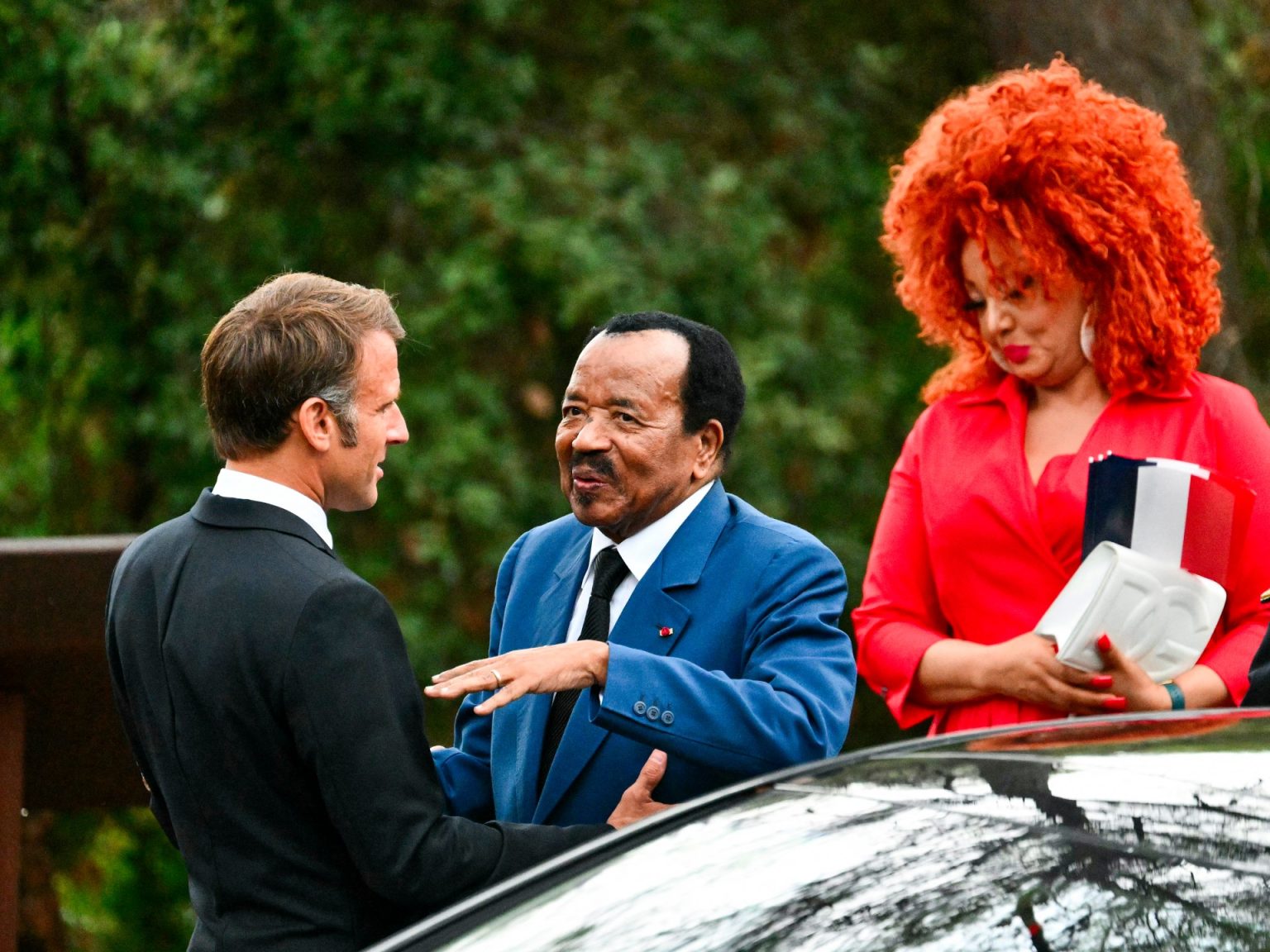Authorities in Cameroon have imposed a ban on discussing the health of 91-year-old President Paul Biya, who has not been seen in public since early September. Interior Minister Paul Atanga Nji issued a letter on October 9 prohibiting media debate on the president’s health and ordering the establishment of monitoring cells to track online content related to the topic. The letter emphasized that discussions on Biya’s health were deemed a matter of national security, warning that violators of the ban would face legal consequences.
Speculation surrounding President Biya’s health had intensified after his absence from public appearances, including important events such as the China-Africa summit in Beijing, the United Nations General Assembly in New York, and a summit of French-speaking countries in Paris. The government spokesperson, Rene Sadi, addressed the rumours on Tuesday, stating that Biya had actually been on a private visit to Europe after the China-Africa summit. Sadi categorically denied the rumours of Biya’s poor health, asserting that the president was in good condition and would be returning to Cameroon in the near future.
Critics condemned the ban on discussing Biya’s health as an act of state censorship, emphasizing the right of citizens to know about the well-being of their elected leader. Journalist Hycenth Chia expressed that it was normal for people to be concerned about the whereabouts of the president, especially considering that open discussions about world leaders’ health are common in other countries. The Committee to Protect Journalists (CPJ) also expressed grave concerns over the ban, describing the attempt to hide Biya’s health status behind national security as outrageous.
Biya, who has been in power for over 41 years, has not put forth a clear succession plan in Cameroon. His long rule has raised speculation about potential political turmoil in the region in the event of his death. With several coups and attempted military overthrows in West and Central Africa in recent years, the uncertainty surrounding Biya’s health adds to concerns about stability in the region. Biya’s presidency is one of the longest in Africa, second only to Teodoro Obiang Nguema Mbasogo of Equatorial Guinea, who has held power for 45 years. The lack of transparency regarding Biya’s health fuels debate about the future leadership of Cameroon.
As the ban on discussing President Biya’s health continues to receive criticism, concerns about the implications of his potential absence from the political scene persist. The notion of suppressing information about a public figure’s health raises questions about freedom of speech and transparency in governance. Despite the government’s denial of Biya’s ill health, the secrecy surrounding his condition and absence from public view continue to fuel speculation and uncertainty among the population. The lasting impact of Biya’s rule on the political landscape of Cameroon and the wider region remains subject to ongoing debate and scrutiny.


